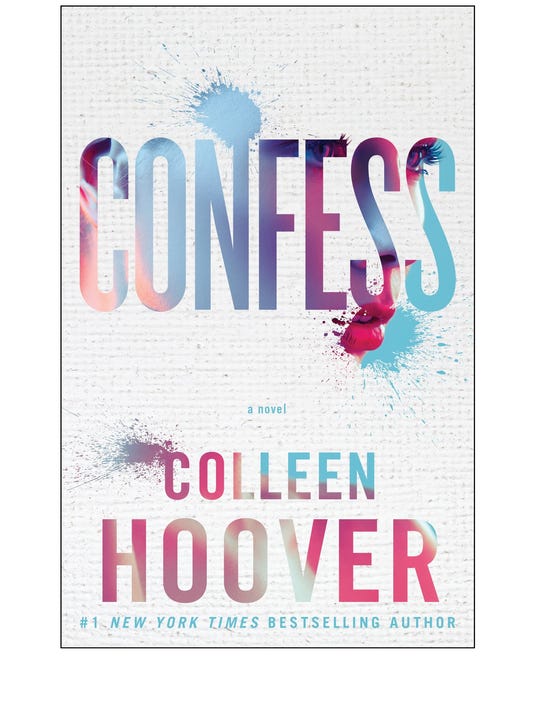It’s easy to become complacent with the pervasive myths
about mental illness that continue to circulate, to hold back from speaking up
even as those we love spread misinformation in fear of disclosing that we
suffer from what they’re disparaging.
Mental illness so often seems to be framed as an outlook
problem. I’ve heard that if people would just remember to “look on the bright
side” they might be better. If people weren’t so overdramatic they would
realize that everything is OK. If people would just try to look for the good, they would find it.
To the very few people in my life with whom I’ve shared this
side of myself, I’ve lamented the lack of honest, harsh, real discussions of
mental health not only on the Internet, but in the news and day-to-day life. Maybe
it’s because the words just aren’t there. As a writer, words are my most
powerful tools that I wield to create stories and worlds with unimaginable
depth.
But mental health? Depression? Anxiety, suicide, bipolar
disorder? I’ve never touched these subjects, because I simply don’t have the
words.
For my dear husband, who witnesses my enormous highs as I
sail forward and leap from one monstrous goal to the other only to fall,
sailing downward towards darkness and emptiness and depths that even he can’t
find me in, all I have to say is, “I feel like I’m slipping back.” And right now I'm slipping.
I try to hold on so goddamn hard. For my husband, for my
kids. But depression has a stronger hold on me than I’ve ever had on it.
I went on my first antidepressant at age 12. Age 12. I want to be a normal, OK,
well-adjusted adult with normal stress and normal problems and normal, average
reactions to things. But I don’t know what that feels like.
So how do you start the discussion of depression when you
don’t have the words and you don’t have a normal to weigh yourself against?
When you can’t even stop the burn of shame when you go to get your medicine
refilled, and the nurse asks you about feelings of hopelessness, because
hopelessness is what led you there? It led my husband to begging me to make the
phone call, to go to the appointments, to get the help, to stay on the
medicine, to hang on, to just hang on for him.
How do you say, “Yes, I woke up and took a shower, fed my
kids, got them out of the house, and drove myself here today. But I can’t focus
anymore. It’s affecting my work. It’s affecting my school. I’m sleeping through
alarms and never really waking up and drinking caffeine like it’s the last
goddamn glass of fresh water this side of the Mississippi. It’s affecting my
marriage and my parenting and my ability and will to sit down and push out the words
that are in my head.”
You have to admit these things to another human being who is
going through problems of her own, and you wonder how she manages to survive
day to day. Is she just like you, pushing through a day, an hour, a minute at a
time? Or is that smile real, and does she know something you don’t? Is her
brain normal, not broken, adept at handling daily life and all that goes with
it?
As writers we’re supposed to address the real in even the
most fantastic of situations. The raw feelings, emotions, reactions, but for
depression I just don’t have the words I need to start the conversation.
But my husband does. He has the words that have wrapped
around me and carried me through days I didn’t know that I could survive. “I
love you, and I’m here when you’re ready.”
I guess we have the power to use our words to start this
discussion, even if all of the right ones haven’t surfaced yet. As bloggers and
writers, I’d like to encourage you to write about depression. You’re experience
with it, with watching a loved one suffer from it, or just your impression of
mental illness and all that goes with it.

















